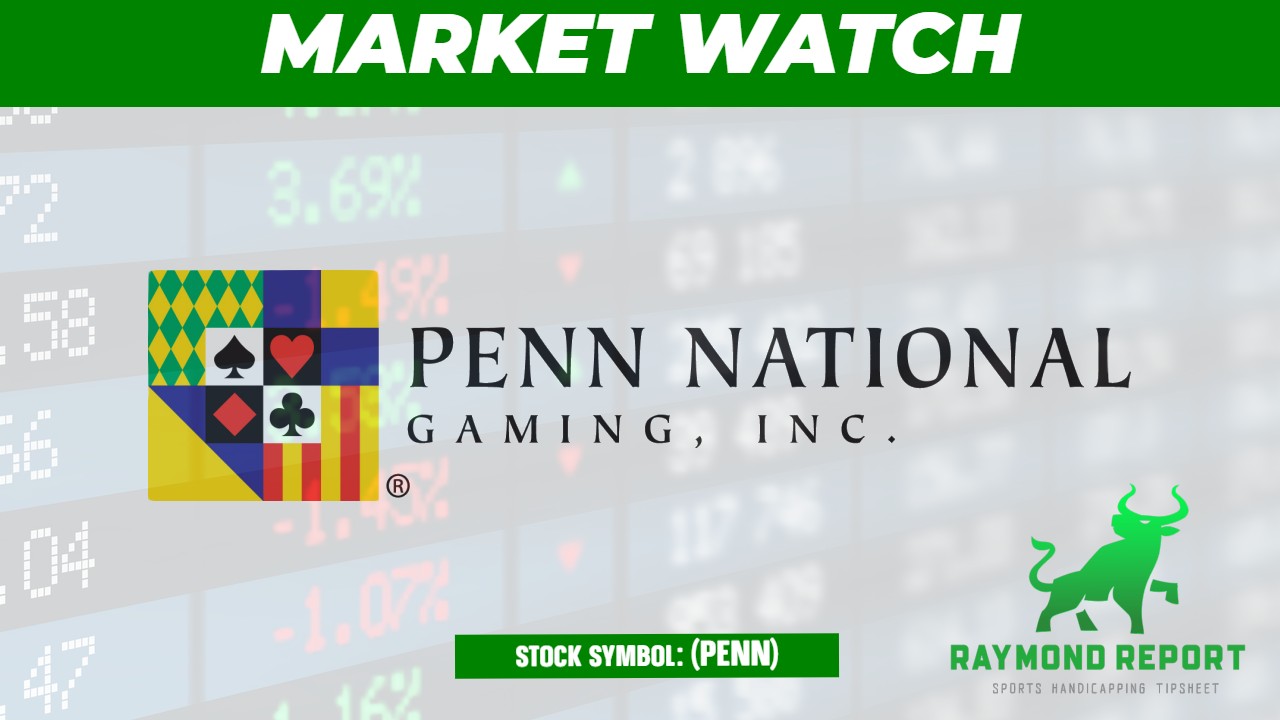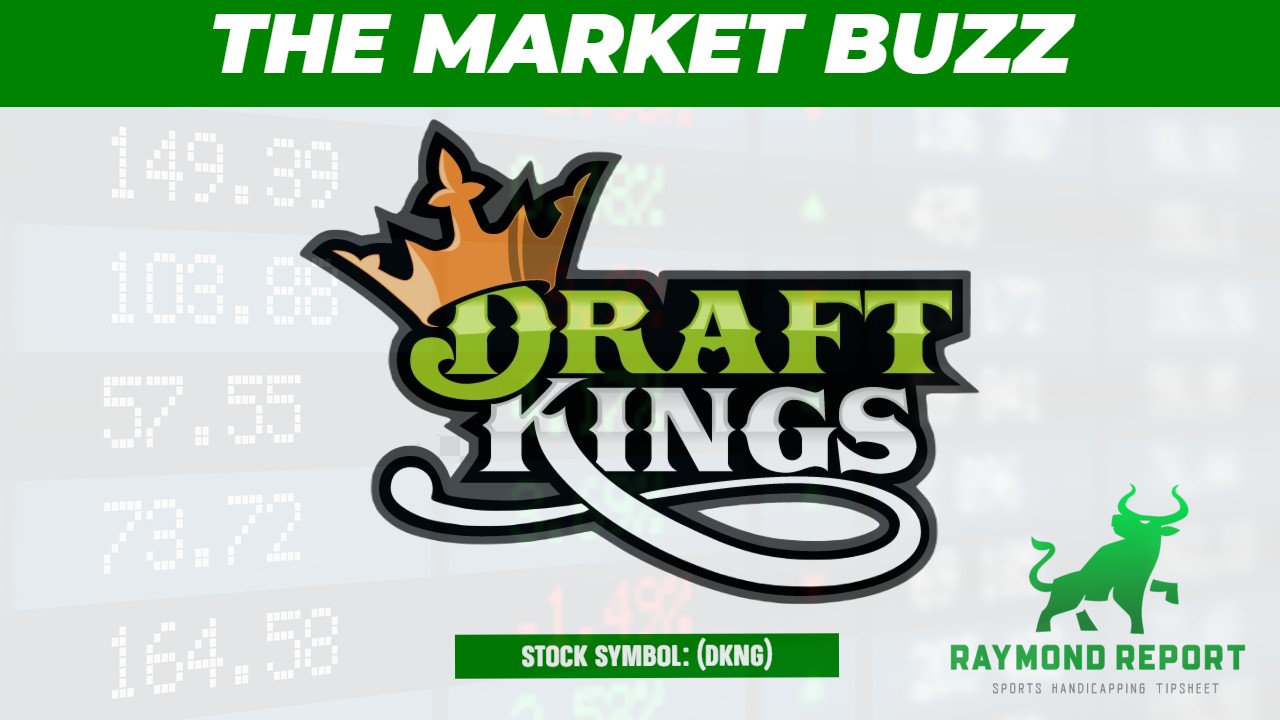Investing in the sports betting industry is becoming increasingly popular as more states legalize sports betting, and the industry continues to grow. One of the major players in this industry is Penn National Gaming, Inc. (PENN), which operates several casinos and horse racing tracks across the United States. However, as with any investment, there are both potential benefits and drawbacks to investing in this company.
On the positive side, Penn National Gaming has been expanding its sports betting operations in recent years and has partnered with several major sports betting companies to offer online and mobile betting platforms. This has positioned the company to take advantage of the growing demand for sports betting in the US. Additionally, the company's strong brand recognition and well-established presence in the gaming industry could provide a competitive advantage as the industry continues to evolve.
However, there are also potential risks to investing in Penn National Gaming. The company's success is tied to the overall health of the gaming industry, which can be impacted by factors such as economic downturns, changes in consumer preferences, and shifts in regulatory environments.
In summary, investing in the sports betting industry, particularly through Penn National Gaming, offers both potential benefits and risks. It is important for investors to carefully consider these factors and conduct thorough research before making any investment decisions.
Penn National Gaming, Inc. (PENN) Review
Penn National Gaming Inc. (PENN) is a well-known company in the online sports betting industry that provides its customers with various options such as sports betting, daily fantasy sports, and online casino games.. Here are some pros and cons of investing in Penn National Gaming Inc.:
Pros:
Diversification: Penn National Gaming is not just focused on sports betting, but is also involved in traditional casino gaming, entertainment, and other related businesses. This diversification can help mitigate some of the risks associated with investing solely in sports betting.
Expansion: Penn National Gaming has been expanding rapidly in recent years, acquiring new properties and licenses to operate in additional states. This could help the company capture a larger share of the sports betting market as more states legalize sports betting.
Partnerships: Penn National Gaming has entered into strategic partnerships with several sports betting operators, including DraftKings and PointsBet. These partnerships can provide additional revenue streams and help Penn National Gaming stay competitive in the sports betting market.
Cons:
Regulatory risks: The sports betting industry is heavily regulated, and any changes in regulations could have a significant impact on Penn National Gaming's business. This could include changes in tax rates, licensing requirements, or restrictions on the types of bets that can be offered.
Competition: The sports betting industry is becoming increasingly competitive, with a growing number of companies entering the market. This could make it difficult for Penn National Gaming to maintain or grow its market share.
Market volatility: The stock price of Penn National Gaming, like many other stocks in the sports betting industry, can be highly volatile. Investors should be prepared for significant fluctuations in stock price and potential losses.
As with any investment, it’s important to thoroughly research the company and industry before making any decisions. While Penn National Gaming, Inc. (PENN) has several strengths, there are also potential risks and challenges to consider.
Disclaimer: The information and advice provided in this article are for educational and informational purposes only. It is not intended to be, nor does it constitute financial or investment advice. We do not make any guarantee or representation as to the accuracy or completeness of the information provided. The reader assumes full responsibility for any investment decisions made based on the information provided in this article. We are not responsible for any losses or damages, including without limitation, direct or indirect, special, incidental, or consequential damages, incurred as a result of using the information provided in this article. We recommend that readers do their own research and consult with a qualified financial advisor before making any investment decisions.


